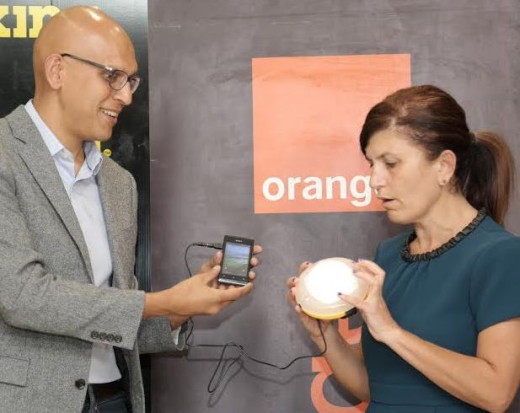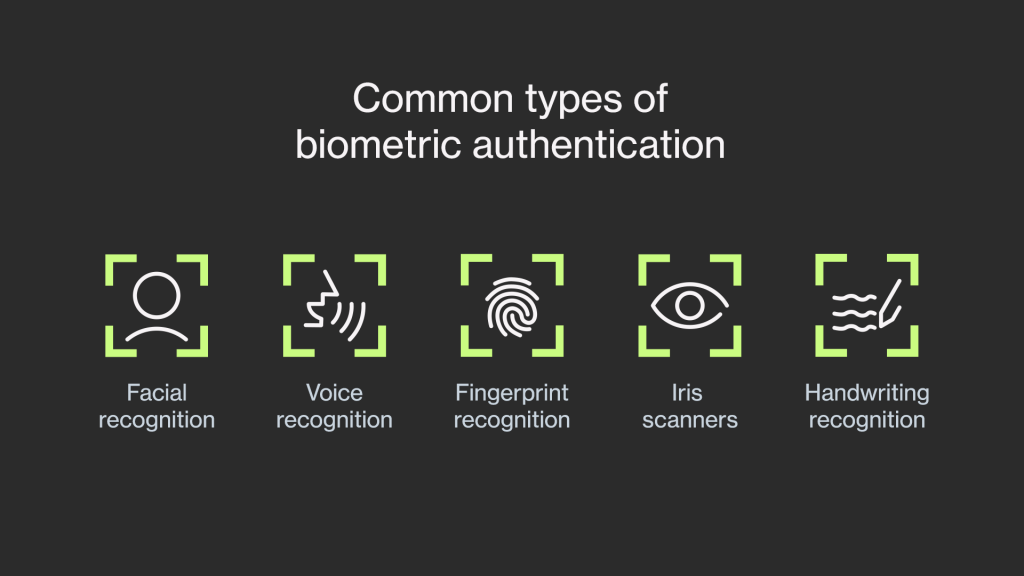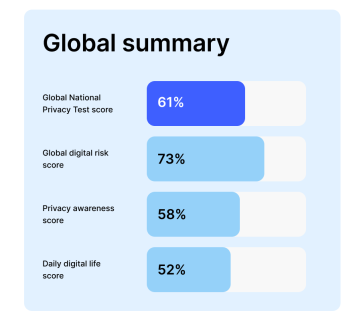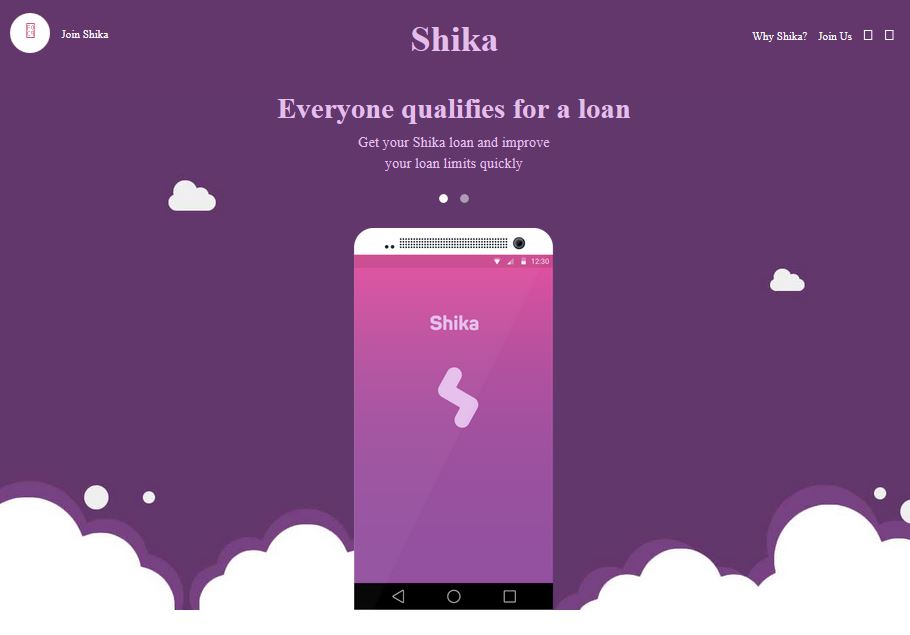Despite Orange wanting to give up its stake in the country sometime last year, a development that experienced set backs as there was a misunderstanding in the deal being finalised, the telecom is not slowing down in its attempt to connect more people.
Just weeks after Orange Kenya launched its Wi-fi services in Bungoma County, the telco has introduced its GSM network to the county of Wajir as part of its continued efforts to connect more regions across the country.
The telco is replacing its CDMA network with GSM in all regions in the country, with affected customers who are still on their 2014 line consumption for Orange wireless and modems options set to benefit from the telecom’s subsidy policy with vouchers of up to KSh 10,000.
This introduction in Wajir comes after the telecom completed setting up its 3G network connectivity to 14 towns, with further plans to connect 27 more centres by the end of the first quarter of this year and hopefully grow its data business that the company says is already recording impressive results.
The county government of Wajir hopes that the new development will also help in creating new business opportunities in the region, as well as assist the government to better their service delivery by integrating ICT solutions.
According to the ICT Association of Kenya (ICTAK), as of December 2014 the county has been termed as the region with the best use of ICT among all counties in the country.
And in a new move by the telecom, Kenyans having a hard time accessing electricity due to lack of infrastructure in the remote areas across the country are now set to benefit from solar lighting through a new project to connect off-grid areas.
The project has been reached through a partnership agreement by Orange Kenya and US based company GreenLight Planet, that will see clean, safe and affordable solar lighting distributed to Kenyan homes that otherwise do not have access, in form of solar lamps with USB charging support.
In addition to the solar lamps, a range of mobile handsets that are internet enabled are set to officially launch in early March and will be made available at low costs to Kenyans in the off-grid regions, who the project seeks to keep connected at all times.
“The mobile phone enlightens people’s minds through communication and information, connecting them to a wider global family,” notes Vincent Lobry, CEO Orange Telkom. “The availability of solar lamps to light up their homes and charge their phones makes a great combination.”
With most countries focusing on bringing more people online for a more connected nation and to grow the economy, telecoms are realizing that there is benefits from data services and Orange Telkom has over the few months continued to show its commitment towards investing more in the sector.
“Data is emerging as the next growth area and with this bundled offer, we are offering more Kenyans the opportunity to experience our quality data services,” Lobry adds.
Dubbed Sun King, the solar lighting products will be available for purchase at all Orange outlets across the country and will come bundled with the internet-enabled mobile phones from the telco.
Kenyans wanting to enjoy the services of the bundled products will be required to choose from three variants, the Sun King mobile that will retail at KSh 3,899, the Sun King Pro II going for KSh 4,699 or the Sun King Home that will retail at KSh 8,799.
There will also be the stand-alone options that are not bundled up with the Orange mobile device and they will be retailing at KSh 2,900 for the Sun King Mobile, KSh 3,700 for the Sun King Pro II and KSh 7,800 for the Sun King Home.
Pioneered by Greenlight Planet, the Sun King products have been in use across the country, with the US company claiming to have connected over three million households in areas cut off from electricity as well as areas where connection is unreliable as an alternative.





